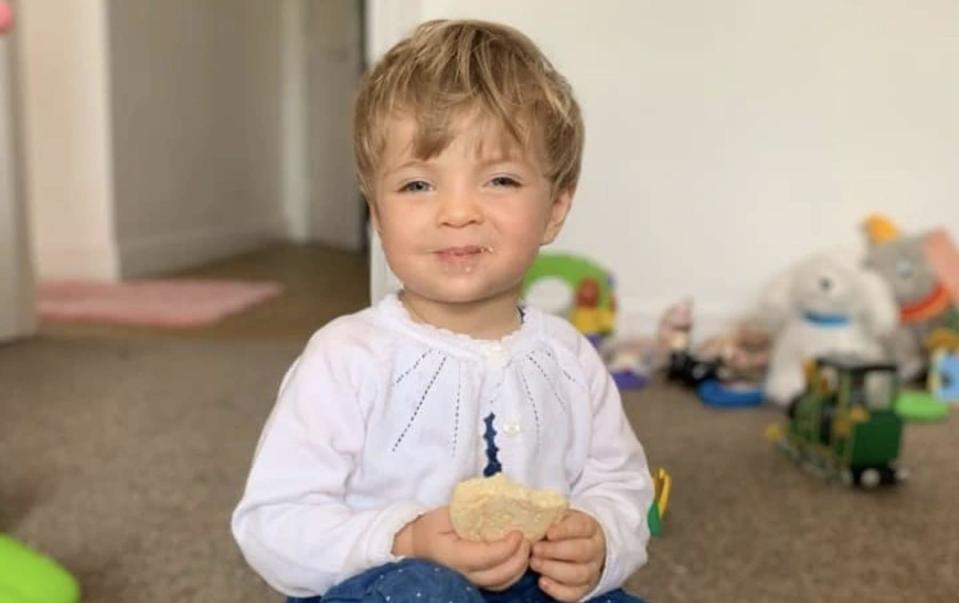Parents convicted of child cruelty face up to 14 years in jail

Parents convicted of child cruelty will face up to 14 years in jail after a series of high-profile cases.
New guidelines issued on Thursday by the Sentencing Council warns that parents guilty of “prolonged, gratuitous or multiple” incidents of violence against children will face the maximum jail term, which has been increased from 10 to 14 years.
Judges are advised to issue the longest sentences for parents using “very” significant force, a weapon or who deliberately disregard the welfare of the victim.
It follows the case of seven-year-old Tony Hudgell, who had both legs amputated because of abuse by his birth parents before being taken in by an adoptive family where he is now thriving.
It coincides with a 25 per cent increase in child cruelty and neglect cases in just a year, from 21,102 in 2020/21 to 26,307 in 2021/22, according to police figures obtained by the NSPCC children’s charity through Freedom of Information requests. It represents an average of 72 cases a day.
High-profile cases have also shone a light on the problem, including the tragic case of Arthur Labinjo-Hughes. The six-year-old died after months of neglect at the hands of father Thomas Hughes and stepmother Emma Tustin.


Less than a fortnight later, two women were jailed following the death of 16-month-old Star Hobson, who suffered “catastrophic injuries”.
Frankie Smith, the toddler’s mother, had her initial sentence for “causing or allowing” the tragedy increased to 12 years, while her partner Savannah Brockhill got 25 years for murder.


In both cases, concerns were raised that telltale signs of abuse may have been missed during the isolation of lockdown.
UK data suggests one child a week is killed in the UK on average, according to the NSPCC, and this has changed little over the last five years.
The maximum penalty for allowing a child to die is now being raised from 14 years to life custody, with judges told to use 14 years in jail as a “starting point” for the most serious cases.
In their consultation document on Thursday, the Sentencing Council said the intent in increasing the maximum penalties was to “capture the worst cases of child cruelty, rather than as a means of increasing sentences imposed across the board”.
However, the sentencing will cover not only parents but also any professional with responsibility for the child victim where their behaviour is “linked to the commission of the offence”.
Mitigating factors that could reduce sentences include an offender’s mental disorder, learning disability or lack of maturity.
The sentence could also be lowered if the offender is a victim of domestic abuse and coerced or intimidated into attacking the child. There is also the mitigation of a “momentary or brief” lapse in judgment including in cases of neglect.
Sir Peter Wanless, chief executive of the NSPCC, said: “The statistics demonstrate the worrying scale of abuse and neglect. This must be a priority for the Government.
“The evidence from a series of reviews has shown where and how to better resource and support a child protection system that works better for all those who need it. Now is the time for action.”

 Yahoo News
Yahoo News 
